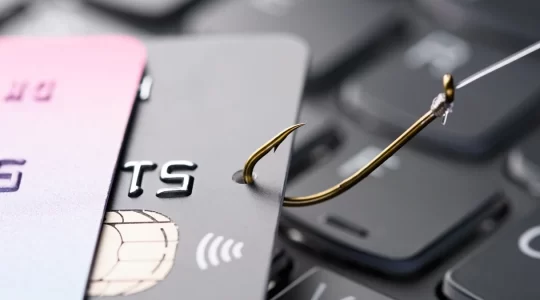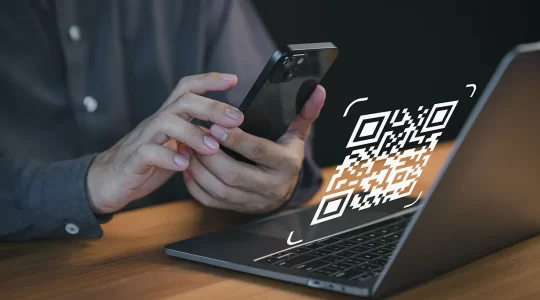Lower Your Risk of Fraud & Theft
Identity thieves have become more creative in finding new ways to hijack personal information and exploit their victims. It seems like every day we learn of yet another new identity theft or fraud scam. Especially in times like these, identity theft becomes even more common.
While it can feel overwhelming and hopeless, there are some basic, proactive steps everyone can take to protect themselves during this uncertain time.
Skip the public Wi-Fi
Don’t use public Wi-Fi especially if you’re working remotely in a public place. If you must get online when in public places, only visit websites with HTTPS encryption. To prevent your smartphone from searching for hotspots, don’t forget to turn off the automatic Wi-Fi function. Ideally, work and do any online transactions safely from your secure home Wi-Fi.
Monitor your credit report and banking accounts
You can order one free credit report per year from all three credit reporting agencies. Being aware of your account balances, purchases, and any new accounts opened can go a long way in identifying compromised information quickly. You should be reviewing your statements at least weekly and don’t just look for questionable big-ticket purchases. Some fraudsters like to run “tests” with smaller charges before they go for larger ones. It’s also a good idea to set up automated alerts for transactions over a certain amount.
Use verified and trusted sources
False information spreads quickly on the internet, so make sure you are consuming with caution. Double-check that the sources you are reading or listening to are trustworthy. Some reputable sources are the Center for Disease Control and Prevention (CDC), the World Health Organization (WHO), and the National Institutes of Health (NIH). Fake organizations can take advantage of your fear and vulnerability, so always make sure to check any source’s credibility.
Don’t reveal personal info via phone or email
Most genuine and trustworthy sources will not ask you to reveal personal information, such as your social security number, over the phone or email. If someone is asking you for your personal information, they are most likely attempting fraud or theft. Any important personal information, such as your social security number, driver’s license, or credit card details, should be kept private.
Verify charity authenticity
Take extra caution to make sure the charity is authentic and is something you want to put your money towards. Do a quick google search of the charity and make sure it is reputable.
Avoid clicking links
Clicking a link is the easiest way for hackers to get your information. If you open a fraudulent link, a malicious software may be installed on your device, which can expose any personal information stored on it. Often times, most reputable sources will not require you to click on any links or download any files. Think twice before you open a link from any email, text, website or social media post.
Ignore robocalls
Robocallers have been more and more invasive in our everyday lives. If you get a call you suspect is from a robocaller, let it go to voicemail. Or, if you do answer and are suspicious, hang up immediately.
Be a cautious buyer
When shopping online, do your research before purchasing from a “new to you” online store. Do they have online reviews? Are there articles written about past purchasing experiences? What are the store’s policies regarding orders not received, returns, etc. When shopping online, select merchants that are easy to do business with. A little research before shopping can really help before and after your purchase.
For additional fraud prevention and financial articles, check out our financial fitness resources. Questions? Call 503-588-0211.



